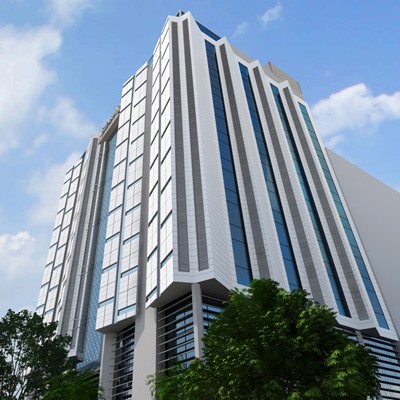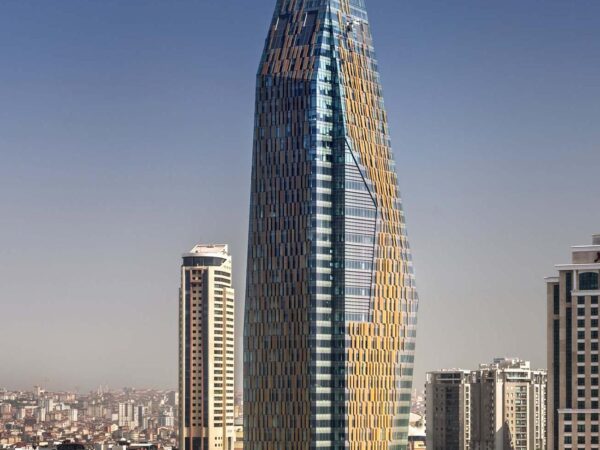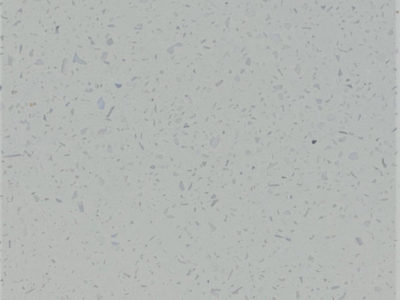
In today’s competitive construction and real estate landscape, energy efficiency, sustainability, and durability are non-negotiable. As a result, Building Enclosure Consultants have become crucial allies for architects, builders, and facility managers seeking to protect the integrity of commercial buildings.
But what exactly do these consultants offer? And why are they indispensable in large-scale projects?
Let’s explore the benefits of working with building enclosure consultants, especially for commercial infrastructure.
What Is a Building Enclosure Consultant?
A Building Enclosure Consultant is a specialized professional who evaluates and advises on the performance of the building envelope—this includes roofs, walls, windows, waterproofing systems, and insulation. Their primary goal is to optimize energy efficiency, moisture control, thermal performance, and structural durability.
They ensure that the envelope performs as a complete system, reducing risks like air leakage, water intrusion, condensation, and long-term material degradation.
Why Commercial Buildings Need Building Enclosure Consultants
1. Improved Energy Efficiency
Consultants analyze thermal performance to reduce heating and cooling loads. By advising on insulation types, air barriers, and vapor control, they help lower energy bills.
According to the U.S. Department of Energy, proper envelope design can cut energy consumption by 30% in commercial buildings.
2. Leak Prevention and Moisture Control
One of the most expensive repair issues in commercial real estate is water damage. Consultants identify potential leakage points and recommend watertight solutions using smart materials and installation practices.
3. Code Compliance and Quality Assurance
They ensure buildings meet local and international codes, including fire resistance, structural performance, and thermal regulations like ASHRAE standards or IGBC/LEED criteria in India.
4. Lifecycle Cost Savings
Initial consultation may seem like an added cost, but it results in major long-term savings. From reduced maintenance to improved resale value, the ROI is significant.
5. Sustainability and Green Building Certification
They help commercial projects achieve green building certifications such as LEED, WELL, or IGBC. Enclosure consultants recommend sustainable materials and passive energy strategies.
Common Services Offered by Building Enclosure Consultants
| Service Area | Description |
|---|---|
| Envelope Design Review | Validates plans for airtightness, waterproofing, and insulation |
| On-site Testing & Inspection | Includes blower door tests, IR scans, and water penetration tests |
| Construction Monitoring | Ensures materials are installed per specs and drawings |
| Forensic Investigations | Diagnoses causes of envelope failures and moisture damage |
| Retrofits & Rehabilitations | Advises on upgrades for older buildings |
🔧 How They Collaborate with Project Stakeholders
-
Architects – Ensuring the design is visually appealing and functionally airtight.
-
Developers – Guiding investment decisions by offering risk-based analysis.
-
Contractors – Supporting them during installation with quality checks and detailing advice.
-
Facility Managers – Providing reports that support long-term maintenance.
Case Studies: Real-World Impact
📍 Avante Facade – Leading Building Enclosure Experts in India
One of the top-rated Building Enclosure Consultants in the country, Avante Facade has worked on complex commercial and institutional projects across Mumbai and India.
Their work emphasizes aesthetic excellence without compromising performance.
When Should You Hire a Building Enclosure Consultant?
-
At the design stage to avoid costly redesigns later
-
During major renovations or retrofits
-
When tackling persistent water leaks or HVAC inefficiency
-
Before installing cladding systems or green facades
External Resources You Can Explore
FAQs: Building Enclosure Consulting
Q1. Is a building enclosure consultant needed for new constructions only?
No, they are equally valuable for retrofits, moisture investigations, and maintenance planning.
Q2. How do consultants ensure quality during construction?
Through visual inspections, testing protocols, and reviewing submittals and shop drawings for compatibility.
Q3. What is the difference between an enclosure consultant and a facade engineer?
While a facade engineer focuses primarily on aesthetics and structural facade design, a building enclosure consultant oversees thermal, air, moisture, and vapor control across the whole envelope system.
Conclusion: A Smart Investment for Your Building’s Future
Engaging a Building Enclosure Consultant isn’t just about meeting regulations—it’s about designing with foresight, saving costs, and future-proofing commercial real estate assets. For those seeking expert guidance in India, Avante Facade stands out as a trusted name.


